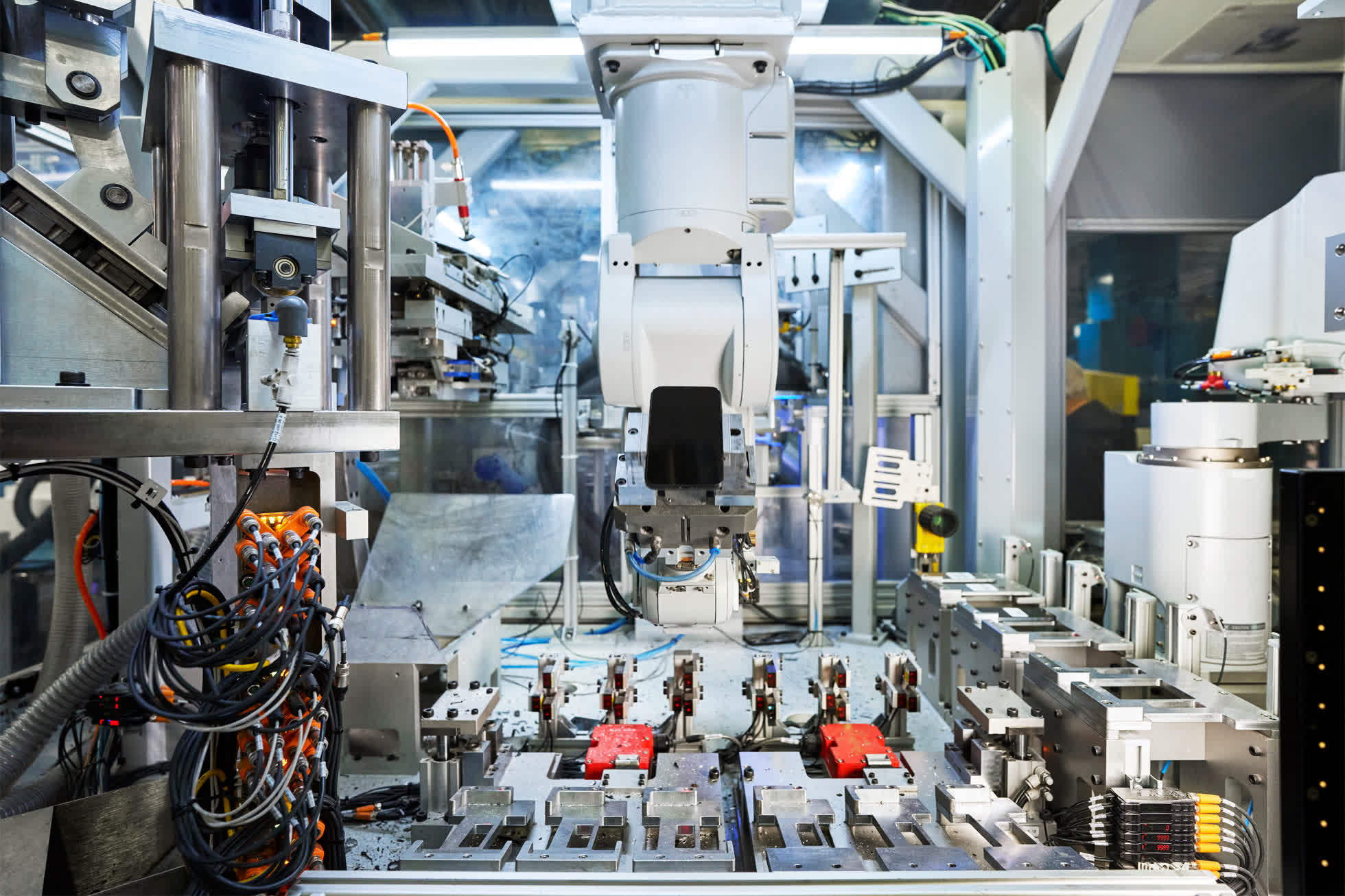In brief: Apple is known for having relatively strict specifications for how its products are manufactured. Chinese display maker BOE has been trying to cheat its way into a tighter partnership with the Cupertino giant. In doing so, it may have lost a lucrative contract for up to 30 million OLED panels for the iPhone 14.
Samsung and LG have been Apple's main suppliers of OLED screens for the iPhone over the past several years. That said, the Cupertino giant has also built a partnership with display maker Beijing Oriental Electronics (BOE), who was supposed to get an order for around 30 million OLED panels for the iPhone 14. Previously, BOE only made display panels for refurbished iPhones.
According to a report from The Elec, the Chinese supplier could lose this lucrative contract due to going out of its way to pass Apple's strict quality control checks. Specifically, BOE was experiencing many defective units in early production runs, so it quietly altered the display design to improve the yield.

Unfortunately for BOE, Apple engineers were quick to notice the discrepancy. The former company increased the circuit width of the thin film transistors on the OLED panels, thus lowering the specifications that Apple had set for them. Following the incident, BOE sent an executive along with a few engineers to Apple's headquarters to explain its actions.
Apple is expected to start mass production of the upcoming iPhone as soon as next month, so BOE's decision to cheat when demonstrating its manufacturing capabilities could prompt Apple to place the order for 30 million iPhone 14 OLED panels with Samsung and LG instead. It also doesn't help that BOE has been struggling to secure enough display drivers and power management chips for such a tall order.
In the meantime, Apple is reportedly exploring ways to expand manufacturing outside of China in an effort to diversify production and create a more resilient supply chain. The company is considering alternative production hubs in countries like India and Vietnam, where suppliers such as Foxconn, Wistron, and Pegatron have been building new facilities.
